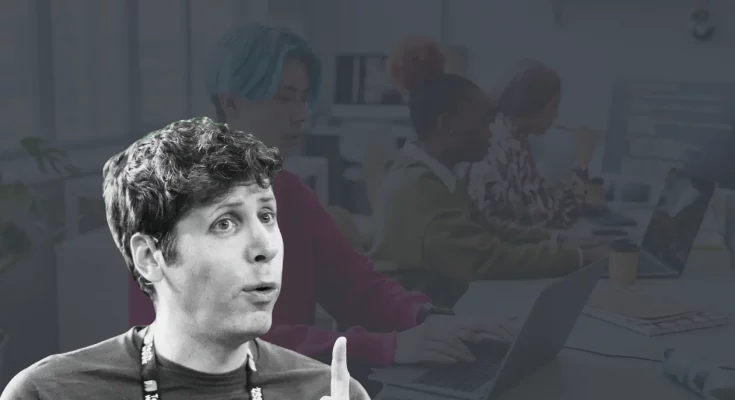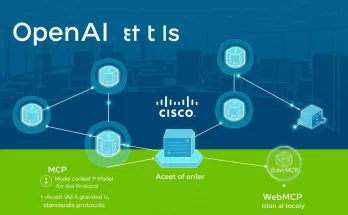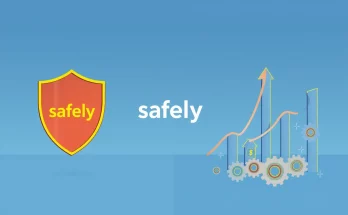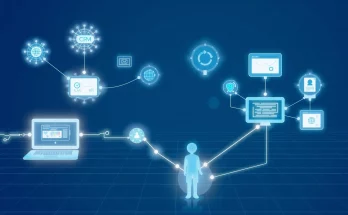In an era dominated by technology, the workplace is undergoing a significant transformation. Sam Altman, CEO of OpenAI, has asserted that artificial intelligence is now poised to take on entry-level jobs. At the same time, Gen Z seems unperturbed by this shift, instead choosing to embrace AI as their new work friend. This article explores this intriguing relationship between Gen Z and AI, along with the implications for the future workforce.
The Rise of AI in the Workplace
As technology advances, it’s becoming increasingly common for businesses to integrate AI into their daily operations. AI tools can automate mundane tasks, analyze data faster than any human, and provide insights that drive decision-making.
- Increased Efficiency: AI can perform repetitive tasks rapidly, allowing human workers to focus on more complex, creative responsibilities.
- Data Analysis: AI has the capacity to sift through vast amounts of data to yield actionable insights.
- Enhanced Customer Experience: Many companies utilize AI for customer-facing tasks, improving response times and personalization.
Sam Altman’s Vision
Sam Altman, a leading voice in the AI field, believes that AI technology can seamlessly integrate into entry-level positions. According to him, this shift could revolutionize how young individuals start their careers. In his views:
- AI can undertake tasks previously assigned to entry-level staff, freeing them to engage in more meaningful work.
- This change can democratize opportunities, allowing individuals to showcase their unique skills beyond traditional roles.
- As AI takes on labor-intensive tasks, the focus can shift to creativity and innovation, skills that AI cannot replicate.
Gen Z: The Tech-Savvy Generation
Gen Z, often characterized by their comfort and familiarity with technology, seems to be defining their work experiences differently from previous generations. Instead of viewing AI as a threat, they are embracing it. Here’s why:
- Adaptability: Growing up in a digital age, Gen Z is more adaptable to new technologies, seeing AI as an ally rather than an adversary.
- Collaboration with AI: Many Gen Z individuals are using AI tools to enhance their productivity and creativity in their work.
- Career Creativity: Instead of traditional career paths, Gen Z is prioritizing roles that allow for creative expression, where AI serves as a tool for inspiration.
Implications for Entry-Level Jobs
The integration of AI into entry-level positions raises questions about the future job market. Will entry-level jobs disappear, or will they transform? Here are some potential implications:
- Job Redefinition: Entry-level roles may evolve to require different skill sets, emphasizing creativity, critical thinking, and interpersonal communication.
- New Job Categories: As AI takes over traditional tasks, new job categories may emerge that focus on managing and collaborating with AI systems.
- Continued Learning: Individuals entering the workforce will need to engage in lifelong learning to keep pace with technological advancements.
The landscape of work is undoubtedly changing, with AI positioned to take on tasks traditionally held by entry-level workers. However, Gen Z’s relationship with AI highlights a significant turning point. Instead of fearing obsolescence, they are leveraging these tools to enhance their work experiences and redefine success. As this generation continues to evolve, it will be fascinating to observe how they navigate a workforce increasingly intertwined with artificial intelligence.



